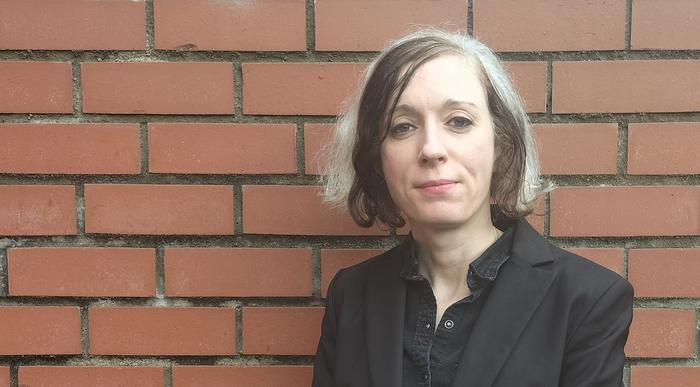In a new book, experts in a variety of fields explore nocebo effects – how negative expectations concerning health can make a person sick. It is the first time a book has been written on this subject.
“I think it’s the idea that words really matter. It’s fascinating that how we communicate can affect the outcome. Communication in health care is perhaps more important than the patient recognises,” says Charlotte Blease, who is a researcher at the Department of Women’s and Children’s Health at Uppsala University.
Along with colleagues at Brown University in the United States and the University of Zurich in Switzerland she has written the book “The Nocebo Effect: When Words Make You Sick”. Nocebo is sometimes called the placebo’s evil twin. A placebo effect occurs when a patient thinks they feel better because of receiving medicine and part of that perception is due not to the drug but to positive expectations. The concept of the nocebo effect means that harmful things can happen because a person expects it – unconsciously or consciously. This is the first time the phenomenon has been addressed in a scholarly book. Researchers in medicine, history, culture, psychology and philosophy have examined it, each in their own particular area.

Credit: Catherine Blease
In a new book, experts in a variety of fields explore nocebo effects – how negative expectations concerning health can make a person sick. It is the first time a book has been written on this subject.
“I think it’s the idea that words really matter. It’s fascinating that how we communicate can affect the outcome. Communication in health care is perhaps more important than the patient recognises,” says Charlotte Blease, who is a researcher at the Department of Women’s and Children’s Health at Uppsala University.
Along with colleagues at Brown University in the United States and the University of Zurich in Switzerland she has written the book “The Nocebo Effect: When Words Make You Sick”. Nocebo is sometimes called the placebo’s evil twin. A placebo effect occurs when a patient thinks they feel better because of receiving medicine and part of that perception is due not to the drug but to positive expectations. The concept of the nocebo effect means that harmful things can happen because a person expects it – unconsciously or consciously. This is the first time the phenomenon has been addressed in a scholarly book. Researchers in medicine, history, culture, psychology and philosophy have examined it, each in their own particular area.
“It’s a very new field, an emerging discipline. Even if the nocebo effect is documented far back in history, it perhaps became especially obvious during the coronavirus pandemic,” Blease says.
A previous study of patients during the pandemic (see below) shows that as many as three quarters of the reported side-effects of the coronavirus vaccine may be due to the nocebo effect. The study involved more than 45,000 participants, approximately half of whom were injected with a saline solution instead of the vaccine but despite this still experienced many side-effects such as nausea and headache. In the book, the authors highlight that one issue that disappeared in the discussion of side-effects during the coronavirus pandemic was that many of these were actually due to the nocebo effect.
“Whether this is due to expectations – the nocebo effect – remains to be understood. However, it is curious that so many participants reported side-effects after receiving no vaccine. Regardless, some people may have been put off by what they heard about side-effects,” Blease comments.
Method of Research
Commentary/editorial
Subject of Research
People




